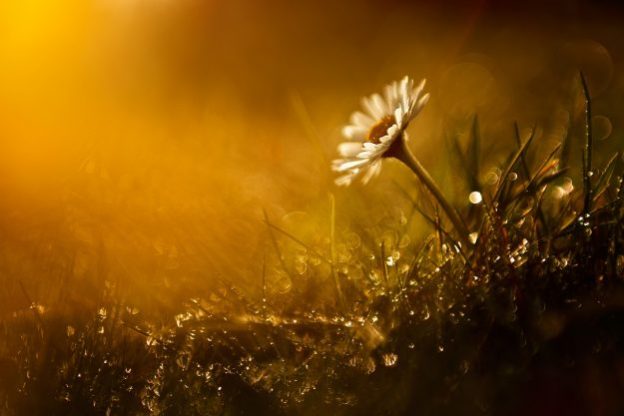Eir is a puzzling figure in Norse mythology. Snorri Sturluson, who set out to explain Norse mythology in his Prose Edda, explains Eir in two different ways in the two main books, Gylfaginning and Skaldskaparmal.



Eir is a puzzling figure in Norse mythology. Snorri Sturluson, who set out to explain Norse mythology in his Prose Edda, explains Eir in two different ways in the two main books, Gylfaginning and Skaldskaparmal.

From Bronze Age images through the goddesses of the Eddas to the maiden Menglod (necklace-glad) in the story of Svipdag, jewellery was more than an adornment to supernatural women of Norse myth. Although we don’t know all the lore about goddesses and their necklaces, some does survive.

Fulla is one of the lesser-known Norse goddesses, described in the Prose Edda as Frigga’s right-hand woman. (Closest comparison Ninshubur and Iris/Hebe?) Her name means “Bountiful”. She only appears in one myth, but we do know a few things about her, thanks mainly to Snorri Sturluson’s efforts to preserve pagan lore for poets.

I was going to do a post on whether Frigg and Freyja are the same goddess, but it seems that this is a much-rehashed controversy. So I decided to provide links to some of the more interesting pages I found, and let readers see for themselves. I’ve added some links on Friday and folklore to keep up the alliteration and for interest.

Frigg was the Queen of Heaven, but she had many other goddesses around her, including several who functioned as her ladies-in-waiting. Fulla carried her casket and kept her secrets, Lofn sought her permission for unlawful lovers, and Hlin protected those that Frigg wanted to save.

The Germanic goddess Frigg comes across as the ideal wife and mother in most accounts – Norse myth focuses on her grief for Baldr and her wfely strategems for getting Odin to favour her side in disputes. However, there are two stories that show Frigg in a very different light – were they attempts by Christian writers to discredit her, or is there more to the story?

This is the first of a series of posts on Frigg, the wife of Odin and the mother of Baldr. Unlike her husband, she plays very little part in the tales, and unlike Freyja no Eddic poem commemorates her deeds. Later medieval writers made Frigg and Odin into a kind of northern Jupiter and Juno (Simek: 94), and while Odin and Jupiter have little in common, the two queenly goddesses certainly resemble each other.

My last post looked at the Norse goddess of death, Hel, who shared her name with her abode, the home of the dead. Norse poetry from the Viking and high medieval eras frequently describes death as “going to Hel”.
But many of the dead weren’t about to go anywhere. In Norse myths and sagas, anyone who wished to communicate with the dead went out and sat on their barrow, or in some cases actually entered it. Clearly, people thought the dead were still powerful in the world, just waiting in their graves to help their families or those who left offerings.

In my first post on Rosmerta, I focused on her as a goddess in her own right. This time around, I want to examine the ideas put forth in Michael Enright’s thesis Lady with a mead-cup, which argues that the cult of Rosmerta and Mercury was the basis for the later cult of Odin and various prophetic, mead-serving goddesses (and others) associated with him.

Fensalir, Frigga’s home, has sad associations. Its only mention in Eddic poetry is a verse in Völuspá, which tells us that she weeps at Fensalir after her son Baldr dies. Snorri Sturluson expands on this – he says that it was at Frigg’s home that Loki tricked her into revealing Baldr’s weakness.